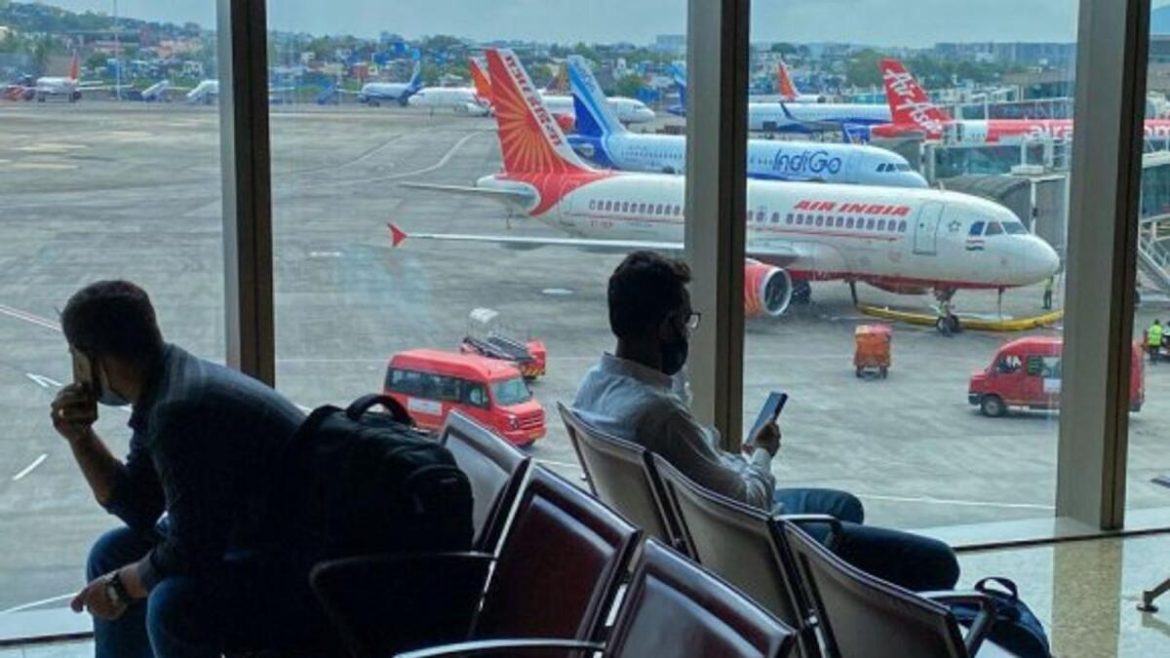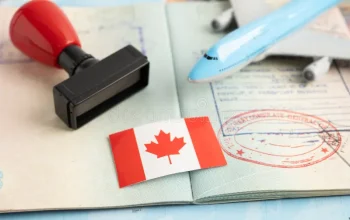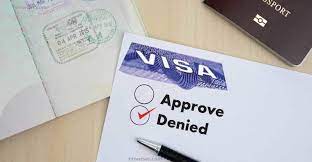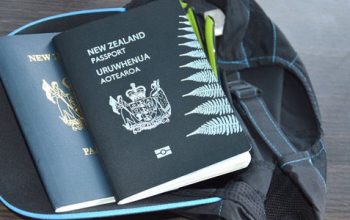Are you planning an adventure to Vietnam, but feeling overwhelmed by the visa application process? Fret not! We’ve got your back. Navigating through the complexities of securing a Vietnam visa can often seem like deciphering a secret code, but fear not – our blog post is here to unravel all the tips and tricks for a seamless experience. From insider insights to practical advice, we’ll guide you on this exciting journey towards unlocking the gateway to one of Southeast Asia’s most captivating destinations. So grab your passport, fasten your seatbelt, and get ready for an enlightening read that will empower you with everything you need to know about acing the Vietnam visa application process! VIETNAM VISA APPLICATION
Introduction: Why a Visa is Required for Vietnam
Vietnam, with its stunning natural landscapes, rich history and vibrant culture, has become a popular destination for tourists from all over the world. However, before you can embark on your adventure in this beautiful country, you must first obtain a visa. This may seem like an unnecessary hassle, but there are valid reasons why the Vietnamese government requires visitors to have a visa.
1. Control of Foreign Visitors
First and foremost, requiring a visa allows the Vietnamese government to control the number of foreign visitors entering the country at any given time. This is especially important for managing tourism flows during peak seasons and ensuring that infrastructure and resources can support the influx of tourists.
By having a visa application process in place, authorities are able to screen applicants and determine if they meet certain requirements such as having sufficient funds for their trip or a return ticket home. This helps prevent potential issues such as illegal immigration or individuals overstaying their permitted time in Vietnam.
2. National Security
Another reason why visas are required for Vietnam is to ensure national security. As with any country, it is crucial for authorities to know who is entering their borders and for what purpose. By obtaining detailed information about visitors through visa applications, the government can better protect its citizens against potential threats or criminal activities. VIETNAM PORTS OF ENTRY
3. Reciprocity
Vietnam also implements reciprocal visa policies with other countries based on diplomatic relationships. This means that if a certain country requires Vietnamese citizens to obtain visas when visiting them, then
Understanding the Types of Visas Available for Vietnam
Vietnam offers a variety of visas for visitors depending on the purpose and length of their stay. Understanding the different types of visas available is essential in determining which one best suits your needs. In this section, we will discuss the various types of visas available for Vietnam.
1. Tourist Visa:
The most common visa type for tourists visiting Vietnam is the tourist visa. This visa allows visitors to enter and stay in Vietnam for a maximum duration of 30 days. It can be obtained through an online electronic visa (e-visa) application or by applying directly at the Vietnamese embassy or consulate in your home country.
2. Business Visa:
For those traveling to Vietnam for business purposes, a business visa is required. This type of visa allows visitors to conduct business activities such as attending meetings, conferences, or negotiating contracts during their stay in Vietnam. Similar to the tourist visa, it has a validity period of 30 days but can be extended for up to three months.
3. Work Visa:
If you plan on working in Vietnam, you will need a work permit and work visa before entering the country. The work permit must be sponsored by an employer in Vietnam, and once obtained, it can be used to apply for a work visa at the Vietnamese embassy or consulate in your home country.
4. Student Visa:
Students who wish to study in Vietnam must obtain a student visa before entering the country. To obtain this type of visa, students must first receive an acceptance letter from a recognized educational institution in
The Application Process: Step-by-Step Guide
The process of applying for a visa to Vietnam may seem daunting, but with the right knowledge and preparation, it can be a smooth and straightforward experience. In this section, we will guide you through the step-by-step process of obtaining a Vietnam visa.
Step 1: Determine your visa type
The first step in the application process is to determine which type of visa you need. Vietnam offers several types of visas for different purposes such as tourism, business, or study. You can check the official website of the Embassy of Vietnam or consult with a travel agency to find out which visa is suitable for your trip.
Step 2: Gather necessary documents
Once you have identified the type of visa you need, it’s time to gather all the required documents. These typically include a completed application form (available online), valid passport with at least six months validity remaining, passport-sized photos, and proof of travel arrangements (i.e., flight tickets). If you are applying for a business or study visa, additional documents such as invitation letters from Vietnamese authorities or educational institutions may be required.
Step 3: Submit your application
After completing all necessary documents, you can submit your application in person at the nearest Vietnamese embassy/consulate or through an authorized travel agency. If there is no embassy/consulate in your country, you can opt for an e-visa (electronic visa) which allows you to apply online without having to visit an embassy/consulate.
Step 4: Pay applicable fees
Gathering Necessary Documents
The Vietnam visa application process requires a few important documents to be submitted along with the application form. These documents are crucial for obtaining your visa and it is essential to gather them before starting the application process. Here are some of the necessary documents that you need to have in order to apply for a Vietnam visa:
1. Passport:
Your passport is the most important document you need for your Vietnam visa application. It should be valid for at least six months from the date of entry into Vietnam and have at least two blank pages for the visa stamp.
2. Visa Application Form:
The next important document is the completed visa application form. This can be obtained online from the official website of the Embassy of Vietnam or can be filled out manually after downloading it. Make sure to fill out all sections accurately and legibly.
3. Passport-Sized Photos:
You will also need two recent passport-sized photos (4x6cm) with a white background, taken within the last six months.
4. Proof of Travel Arrangements:
You will need to provide proof of your travel arrangements, such as a flight itinerary or hotel reservation, as part of your visa application.
5. Visa Approval Letter (for Visa on Arrival):
If you are applying for a Visa on Arrival, you will need to obtain a Visa Approval Letter from an authorized agency in Vietnam before departure.



